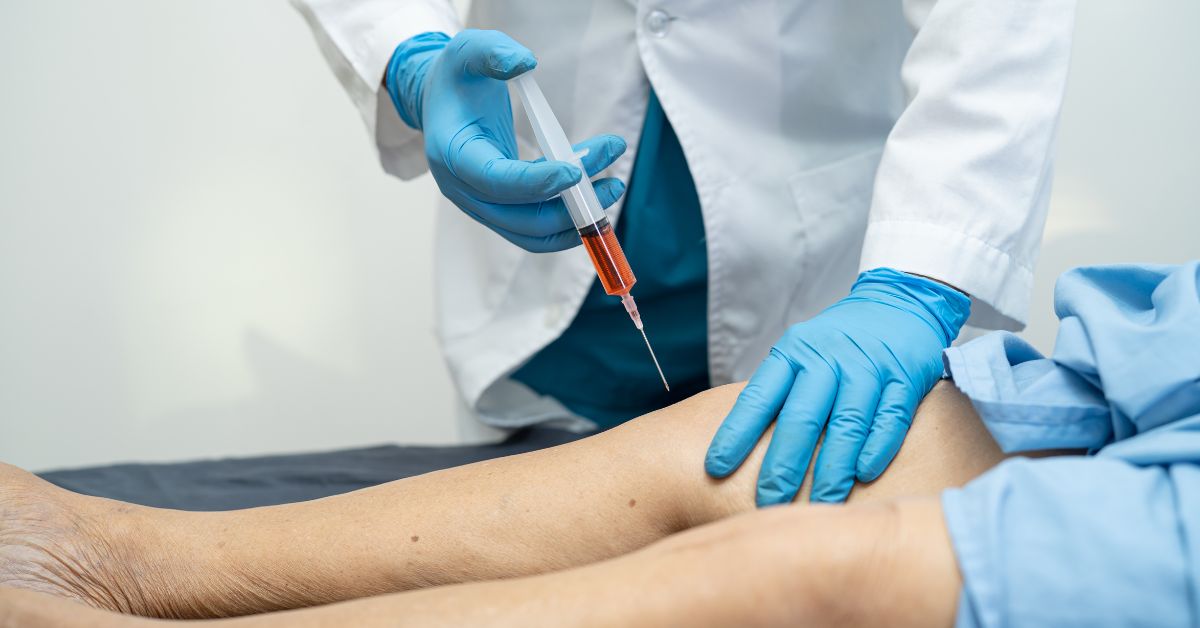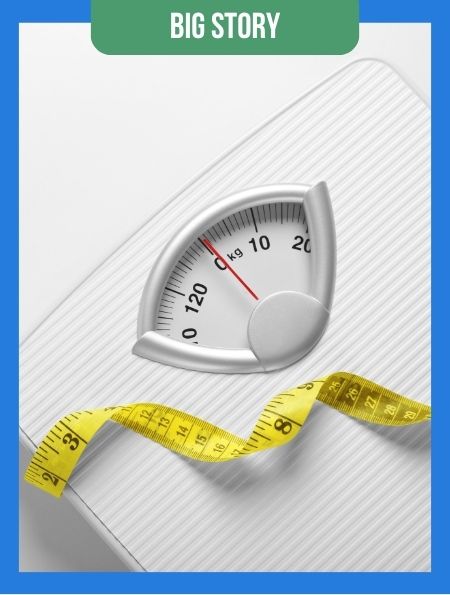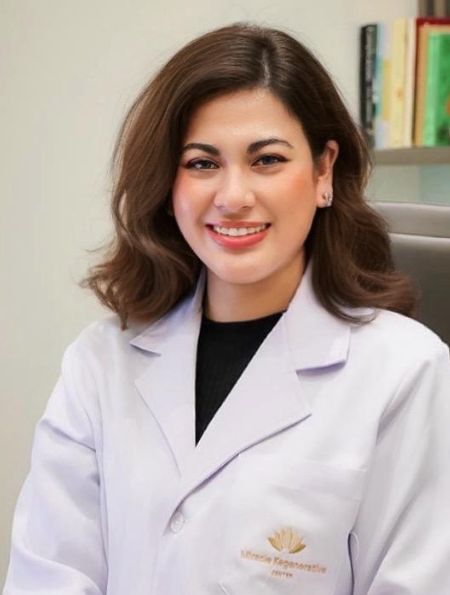If you are exploring regenerative options for knee pain, you may be wondering: “What is the stem cell knee injections cost?” In this article, we outline typical costs in Singapore, Malaysia, and Thailand, explains why prices vary, and highlights important considerations before you proceed.
Back to main channel: Stem Cell Therapy
Why Stem Cell Knee Injection Costs Differ
Several factors influence the price of stem cell therapy for knee conditions:
- Type of stem cells: Using your own stem cells (autologous) versus donor cells (allogeneic).
- Laboratory processing: Advanced processing and expansion of cells add to costs.
- Number of injections: Whether one or both knees are treated, and whether booster sessions are required.
- Clinic standards and expertise: Experienced specialists and internationally accredited clinics may charge higher fees.
- Additional services: Imaging, blood tests, physiotherapy, and follow-up consultations may or may not be included in the package.
- Country regulations: Different healthcare regulations and facility standards impact costs.
Estimated Stem Cell Knee Injections Cost
Singapore
In Singapore, high medical standards and advanced facilities often translate into higher treatment costs.
- Estimated range: S$10,000 to S$20,000 or more per knee.
Malaysia
Malaysia offers more competitive prices compared to Singapore, while still maintaining strong medical expertise.
- Estimated range: RM 30,000 to RM 100,000 or more per knee. ≈ S$8,700 to S$29,000+.
Thailand
Thailand is a popular choice for medical tourism, with costs generally lower than Singapore and Malaysia.
- Estimated range: THB 60,000 to THB 200,000 or more per knee. ≈ S$2,200 to S$7,400+.
Cost Comparison at a Glance
| Country | Estimated Range |
| Singapore | S$10,000 – S$20,000+ |
| Malaysia | RM 30,000 – RM 100,000+ (Approx. S$8,700 – S$29,000+) |
| Thailand | THB 60,000 – 200,000+ (Approx. S$2,200 – S$7,400+) |
Disclaimer: Prices provided are general estimates based on information available online. Actual costs may vary depending on the clinic, protocol, number of injections, and individual patient condition. Exchange rates fluctuate, the figures provided are for guidance only.
Key Questions to Ask Before Deciding
When evaluating clinics and quotes, always clarify:
- What is included in the package (consultation, imaging, rehabilitation)?
- What is the type and source of stem cells used?
- How many injections are required?
- What is the expected recovery timeline?
- Are the specialists experienced in regenerative orthopaedics?
Important Considerations
- Safety first: Ensure the clinic follows proper safety and ethical standards for stem cell use.
- Investigational status: In Singapore, stem cell therapy for cartilage and joint conditions is still classified as investigational. Patients should carefully weigh potential benefits and risks.
- Long-term outcomes: While many patients report improvement, clinical results vary, and long-term effects are still being studied.
Stem Cell Specialist To Consider
If you are exploring stem cell injection in Thailand, connecting with an experienced stem cell specialist is important. A qualified specialist can provide medical assessment, explain available options, and help you understand realistic expectations for treatment.

Contact Us
For inquiries or to be introduced to a stem cell specialist, contact us today.
Frequently Asked Questions (FAQs)
1. How long does recovery take after a stem cell knee injection?
Most patients can walk within days, but full effects may take weeks to months as tissue repair occurs.
2. How many sessions are needed?
Some patients require a single injection, while others may need repeat sessions depending on their condition.
3. Are stem cell knee injections safe?
Risks include infection, swelling, and discomfort. Choosing a qualified clinic reduces these risks.
4. Are the effects permanent?
Results vary. Some patients experience benefits lasting several years, while others may need additional treatment.
5. Is it covered by insurance?
In most cases, stem cell therapy is not covered, as it is still regarded as investigational in many countries.
Disclaimer: 365Asia aims to provide accurate and up-to-date information, our contents do not constitute medical or any professional advice. If medical advice is required, please consult a licensed healthcare professional. Patient stories are for general reading. They are based on third-party information and have not been independently verified.





